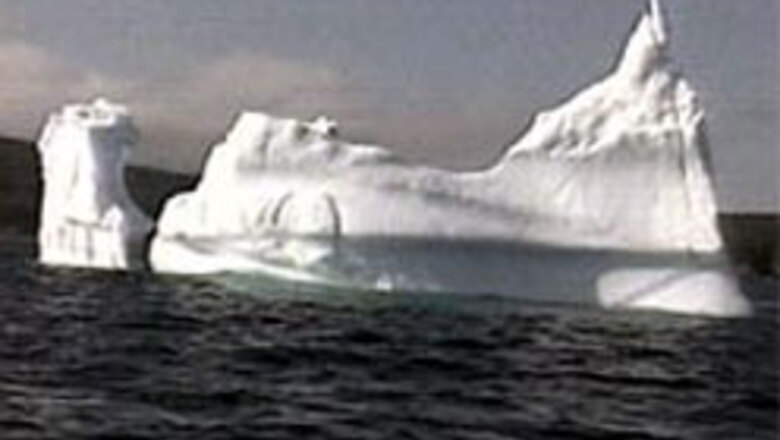
views
New Delhi: A new scientific research report has predicted that the frozen sea areas in the Arctic circle will be completely gone by the summer 2040 due to the impact of global warming resulting from Greenhouse gas emissions.
If it happens, it will raise global water levels and submerge low-lying regions around the world, including parts of Florida and already flood-prone Bangladesh. The rapid meltdown, caused by global warming, is also likely to speed up the heating of the oceans, the study says.
The new study, using computer models, indicates that if Greenhouse gases continue to be released at their current rate, most of the Arctic basin will be ice free in September by 2040. And winter ice, now about 12 feet thick, will be less than 3 feet thick.
The scientists first tested the model by simulating fluctuations in ice cover since 1870, including a significant shrinkage of late-summer ice from 1979 to 2005. The simulations closely matched observations, a sign that the model was accurately capturing the present-day climate variability in the Arctic.
The team then simulated future ice loss. The model results indicate that, if greenhouse gases continue to build up in the atmosphere at the current rate, the Arctic's future ice cover will go through periods of relative stability followed by abrupt retreat.
For example, in one model simulation, the September ice shrinks from about 2.3 million to 770,000 square miles in a 10-year period. By 2040, only a small amount of perennial sea ice remains along the north coasts of Greenland and Canada, while most of the Arctic basin is ice-free in September. The winter ice also thins from about 12 feet thick to less than 3 feet.
"As the ice retreats, the ocean transports more heat to the Arctic and the open water absorbs more sunlight, further accelerating the rate of warming and leading to the loss of more ice," said Marika Holland, a scientists from NCAR who led the study. "This is a positive feedback loop with dramatic implications for the entire Arctic region."
"We have already witnessed major losses in sea ice, but our research suggests that the decrease over the next few decades could be far more dramatic than anything that has happened so far," Holland said. "These changes are surprisingly rapid."
On the positive side, however, the report said mankind can still affect and slow down the melting trend. The scientists concluded by examining 15 additional leading climate models that if emissions of carbon dioxide and other Greenhouse gases were to slow, the likelihood of rapid ice loss would decrease. Instead, summer sea ice would probably undergo a much slower retreat.
"Our research indicates that society can still minimise the impacts on Arctic ice," Holland said.

















Comments
0 comment